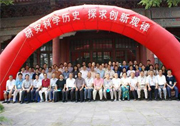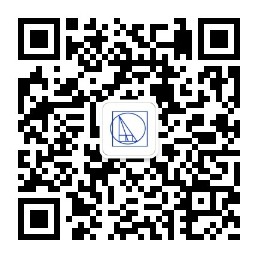| 英文摘要: |
During the astronomical reform of the Chongzhen reign, there was an important eclipse of large magnitude on March 29th in the year 1634, which provided a good opportunity to test the precision of different systems of astronomy involved in competition at the time. From a more original version of the Gujin jiaoshi kao, a part of the Chongzhen Lishu presently preserved in the Kyujanggak archives in Korea, we discovered that the prediction of this eclipse made by the Jesuit astronomers was much more inaccurate than both the official Datong Li and the system proposed by Wei Wenkui, one of the most stubborn adversaries of Western astronomy. However, discussion of this eclipse was eventually purged from all later versions of the Chongzhen Lishu, apparently as a way to conceal a bad failure of Western astronomy. Similar deletions can also be found in other part of the later editions of the Chongzhen Lishu. These deletions shed new light on the issue of why the Ming government was so reluctant to adopt the Chongzhen Lishu as the official system of astronomy. Meanwhile, they also show how Jesuit missionaries tried to defend the credibility of Western astronomy through the purging of the Chongzhen Lishu. |





